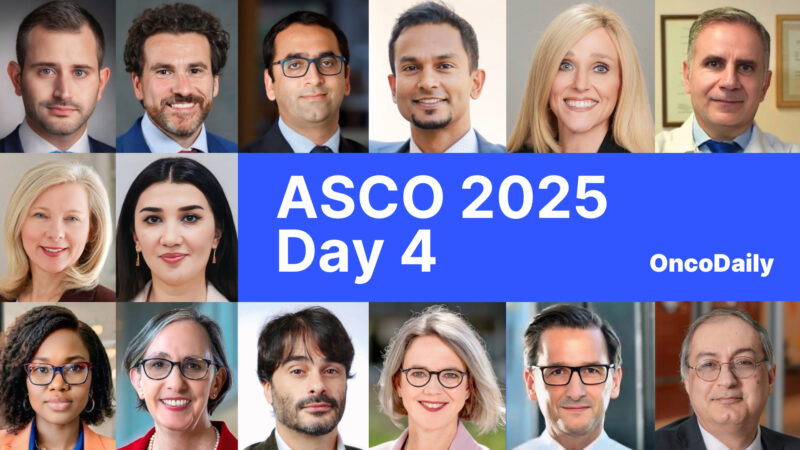Charles Jiang, Medical Oncologist at UT Southwestern, shared a post on X:
“So you’ve heard the practice changing exercise CHALLENGE trial! But what did that groundbreaking exercise program actually look like day-to-day?
Let’s explore the “Structured Exercise Program” based on info from their paper supplement on NEJM.
It wasn’t just a suggestion to “be active.” It was a detailed 36-month plan.
The core goal: boost recreational Physical Activity by at least 10 MET-hr/week from whatever participants were doing at baseline. For context, 10 MET-hours is like 2.5 hours of brisk walking a week.
This wasn’t a cookie-cutter approach! Each participant’s plan was personalized, factoring in their fitness tests, past activity lvl, what they enjoyed, and any exercise hurdles. Any moderate-to-vigorous (4-10 METs) recreational activity works. Walking was a popular pick!
Phase I (First 6 Months):
Goal: Steadily increase recreational PA by 10 MET-hrs/wk over their starting point.
How: 12 mandatory bi-weekly face-to-face behavioral coaching sessions (often paired with supervised session). Plus, 12 more supervised sessions were highly recommended
Phase II (Months 6-12):
Goal: Customized based on how Phase I went. This could mean the +10 MET-hr/wk increase, aiming higher for +20 MET-hrs/wk, or adjusting to +5 MET-hrs/wk if challenging.
How: 12 bi-weekly sessions (phone or in-person), with optional supervised PA
Phase III (Months 12-36):
Goal: Again, personalized. Participants could aim for the next PA level (up to a max of 27 MET-hrs/wk total), stick with their Phase II goal, or at least a +5 MET-hrs/wk increaseover their baseline.
How: Monthly support sessions (phone or in-person)
The Behavioral Support Program, based on the Theory of Planned Behavior, was a game-changer. It featured a guidebook (“Step Up to the Challenge!”) and Physical Activity Consultants who aided motivation, barrier problem-solving (fatigue, busy schedules), and smart goal setting
Though most physical activity (PA) was independent (often with easier fitness facility access), Supervised PA Sessions were crucial. These taught correct techniques, ensured safety, demonstrated intensity monitoring (heart rate), and offered encouragement
Note: This program targeted colon cancer survivors not meeting public health PA guidelines (150 mins/week moderate-to-vigorous activity), focusing on safely and sustainably increasing their activity.
Bonus: a infograph on this program powered by gemini.”
Read OncoDaily’s Special Articles about ASCO 2025:
Highlights from ASCO 2025 Day 1
Highlights from ASCO 2025 Day 2
Highlights from ASCO 2025 Day 3
Highlights from ASCO 2025 Day 4



